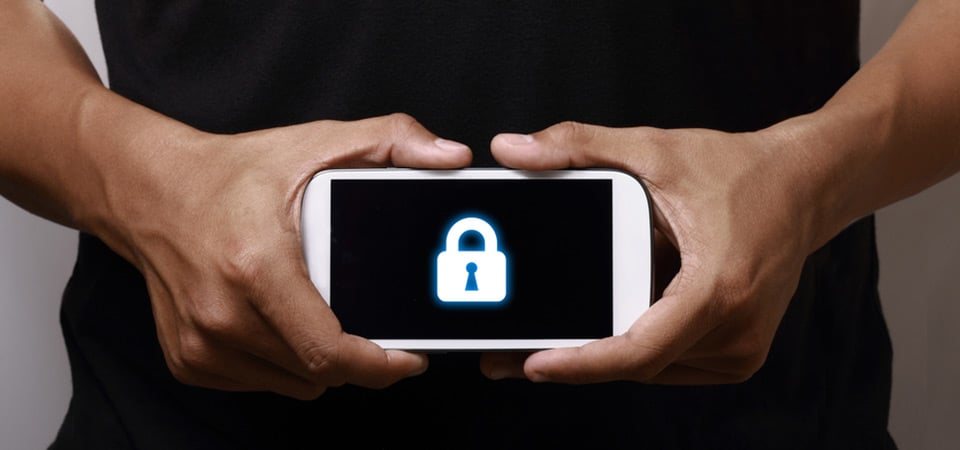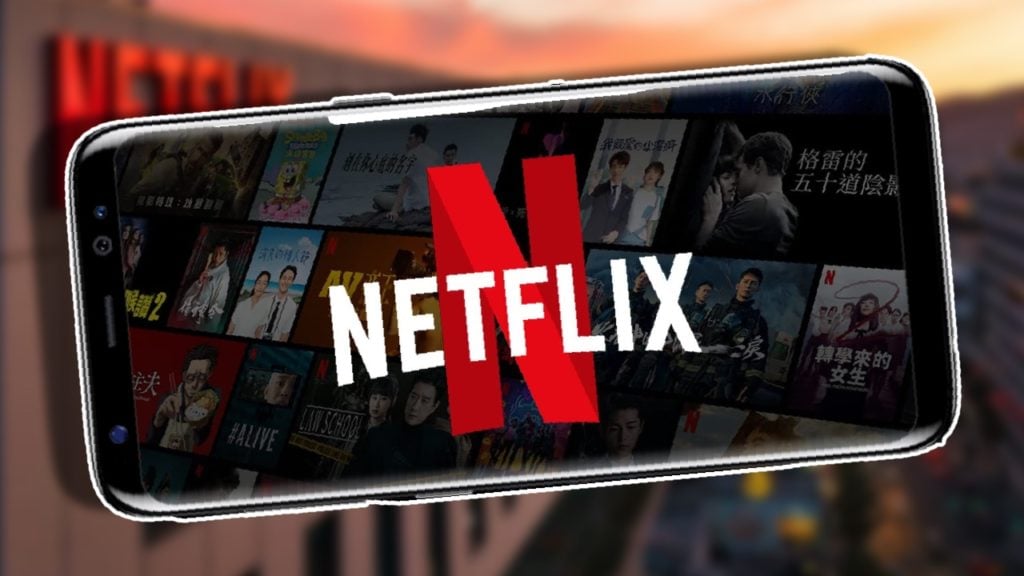Without a VPN, your online activity is exposed. While we're not tracking you personally, browsing without a VPN is incredibly risky. It's like broadcasting your personal information – name, address, email, phone number, and more – for all to see.
We all value privacy, yet often unknowingly compromise it. A surprisingly small percentage of internet users employ VPNs, especially on their mobile devices, leaving them vulnerable on public Wi-Fi networks. Let's explore why securing your Android phone with a VPN is crucial, straightforward, and potentially enjoyable.
Understanding VPNs
 A VPN, or Virtual Private Network, masks your IP address – the identifier revealing your online habits and location – with the IP address of an anonymous server. This prevents anyone from tracing your online activity, even your ISP.
A VPN, or Virtual Private Network, masks your IP address – the identifier revealing your online habits and location – with the IP address of an anonymous server. This prevents anyone from tracing your online activity, even your ISP.
The encrypted VPN connection shields your data from cybercriminals targeting unsuspecting users on public networks. Even at home, a VPN protects your location and other sensitive information from unauthorized access.
VPNs: Beyond Security
 VPNs offer more than just security. Bypass geographical restrictions on censored or region-locked content. Connect to a server in a different country to access websites and services unavailable in your location.
VPNs offer more than just security. Bypass geographical restrictions on censored or region-locked content. Connect to a server in a different country to access websites and services unavailable in your location.
This opens a world of possibilities. Unlock region-specific Netflix libraries, access international YouTube content, play region-locked mobile games, and more. The ease of use is often surprising.
Despite the technical-sounding name, using a VPN is simple: install an app, create an account, and select a server location. Experience the freedom and security a VPN provides.
 Home
Home  Navigation
Navigation






 Latest Articles
Latest Articles










 Latest Games
Latest Games












